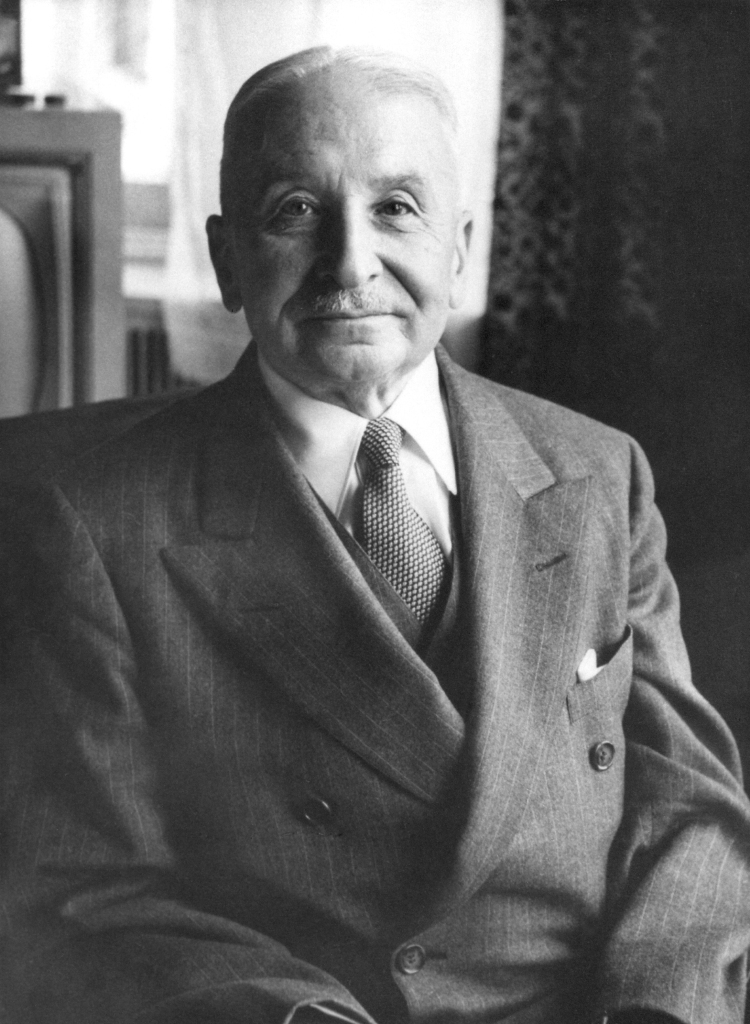Foucault: “Reason is the ultimate language of madness”
“Reason is the ultimate language of madness.” Source: Michel Foucault, Madness and Civilization, 1965, 95. Related: On the fuller context of Foucault’s provocative claim: Related: On Foucault’s place in the historical course of philosophy: Explaining Postmodernism: Skepticism and Socialism from Rousseau to Foucault (print or e-book), or audiobook:
Foucault: “Reason is the ultimate language of madness” Read More »
